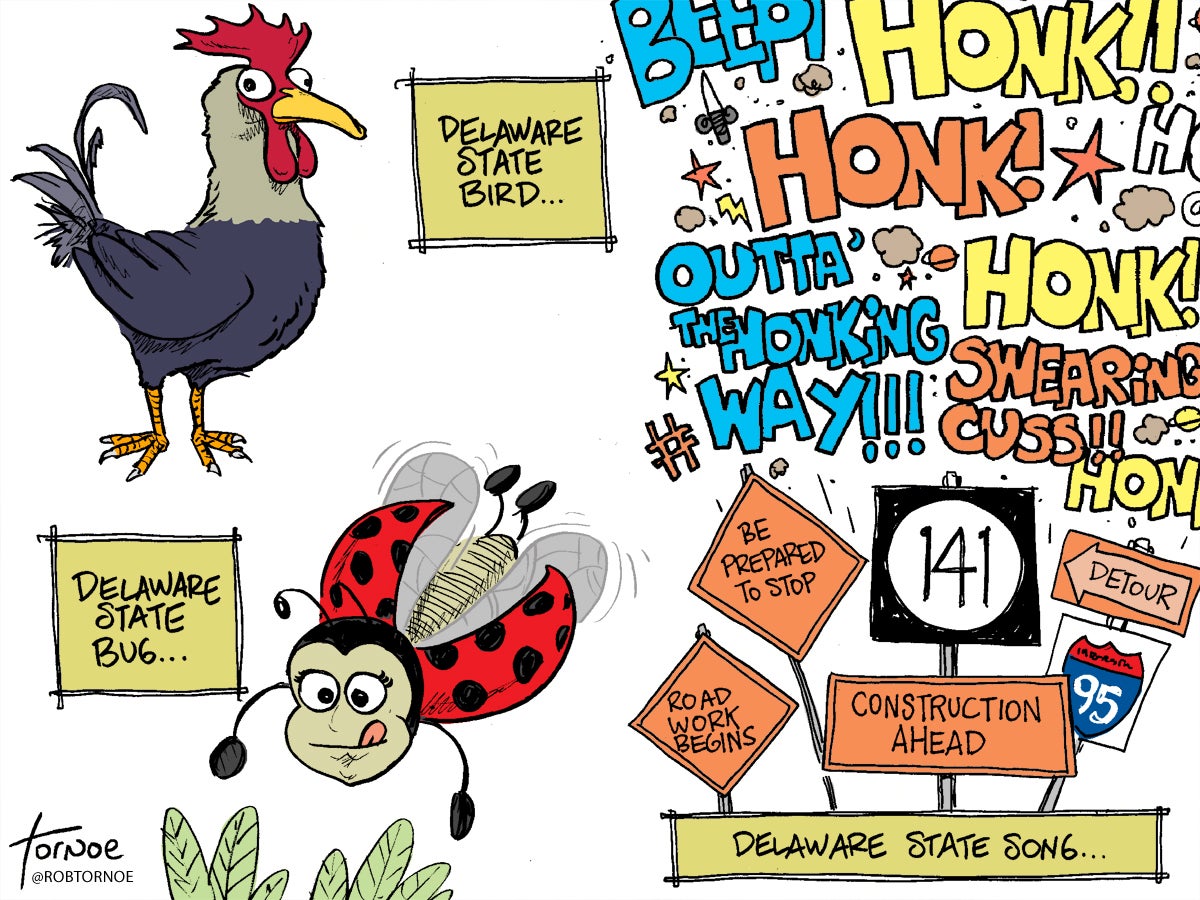


The relationship between political and economic cycles is one of the most widely studied topics in political economics. © 1963, by National Bureau-of Economic Research. According to Hugh Rockoff, writing in January 1965: "If Great Depressions could be prevented through timely actions by the monetary authority (or by a monetary rule), as Friedman and Schwartz had contended, then the case for market economies was measurably stronger." Milton Friedman won the Nobel Prize in Economics in 2000 for work related to A Monetary History as well as to his other Princeton University Press book, A Theory of the Consumption Function (1957). In their influential chapter 7, The Great Contraction-which Princeton published in 1965 as a separate paperback-they address the central economic event of the century, the Depression.

monumental, above all, in the theoretical and statistical effort and ingenuity that have been brought to bear on the solution of complex and subtle economic issues." Friedman and Schwartz marshaled massive historical data and sharp analytics to support the claim that monetary policy-steady control of the money supply-matters profoundly in the management of the nation's economy, especially in navigating serious economic fluctuations. Johnson begins with a sentence seemingly calibrated to the scale of the book he set himself to review: "The long-awaited monetary history of the United States by Friedman and Schwartz is in every sense of the term a monumental scholarly achievement-monumental in its sheer bulk, monumental in the definitiveness of its treatment of innumerable issues, large and small. Writing in the June 1965 issue of theEconomic Journal, Harry G. economy appears to have the strongest performance under the combination of a Democratic President with a Republican controlled Senate and House, and the weakest economic performance is generally under a Republican President with a Senate and House controlled by Democrats. The same is true when Democrats are in charge of the Senate or House. Republican Presidents are in office for a significantly greater number of months when the economy is in a recession. Non-farm payrolls and industrial production grow faster under Democratic Presidents, while higher inflation and unemployment are generally observed when Democrats control the Senate or House. However, growth has been strongest when the Senate is controlled by Republicans. Nor does the party that controls the House of Representatives appear to have a significant impact on economic growth. Past economic growth is not significantly different under Republican and Democratic presidential administrations. This study examines the interaction across all combinations of the political parties in control of the White House and both chambers of Congress.


 0 kommentar(er)
0 kommentar(er)
